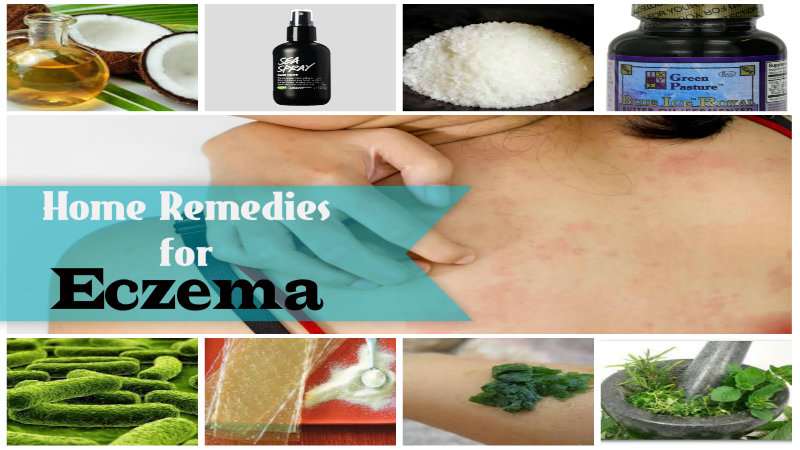

#Home remedies for eczema skin
You may try pressing down on the skin to stop the irritation. So, even if you feel like scratching the dry skin, try to resist the urge. Scratching the eczema rashes worsens the condition. Once the itching subsides, use the cream occasionally to prevent flare-ups. Apply these creams twice a day for better results. These creams contain 1% hydrocortisone and help temporarily reduce the itching sensation. You may also try out different non-prescription, anti-inflammatory creams to soothe the irritation caused due to eczema. Moisturizing before and after taking a bath. Good moisturization, including aquaphor or cetaphil help in resolving the eczema issues. This regimen nourishes the skin and soothes eczema rashes. It is an excellent practice to regularly moisturize your skin with good quality cream, ointments, sprays, or bath oils. Here is a list of some of the tried and tested techniques for controlling the skin condition:


Skin infections– Prolonged suffering from eczema can break open the skin at the rashes.Finally, the epidermis becomes thick, leathery, and discolored. Here, your skin turns itchy, and you develop a tendency to scratch the skin to get some relief from the itchiness. Patchy and itchy skin– Many eczema patients have a risk of neurodermatitis, caused by the lichen Simplex chronicus.Asthma and hay fever– Studies reveal that 40-77% of children experiencing eczema tend to develop asthma and hay fever.

Are susceptible to allergies and hay fever.You may have a higher risk of developing eczema if you: What are the risk factors associated with eczema? In the case of children, never neglect infected rashes, especially if your child has a fever. If you delay, it may lead to pustules on the skin. When the signs and symptoms of eczema flare-up, immediately seek medical attention. If you scratch them, they tend to ooze fluids Tiny, fluid-filled, raised bumps appear on the epidermis.Face, neck, chest, hands, wrists, ankles, and feet develop red to brownish-gray macules or papules.Severe itchiness on the skin which flares at night.There is a wide variation in the signs and symptoms of eczema. In babies and children, skin disorders can also develop due to food allergies. However, in some individuals, the skin becomes fragile due to genetic variation and cannot protect itself from germs and allergens. When your skin remains healthy, it retains moistures and prevents the entry of bacteria, irritants, and allergens through its surface. On the scalp, seborrheic dermatitis appears as dandruff. Seborrheic dermatitis– If you have overactive oil glands, then there is a chance of you developing this skin condition.Stasis dermatitis– You may get these rashes on your legs if you have poor blood flow.Dyshidrotic eczema– It appears when the skin becomes fragile and is unable to protect itself.Nummular eczema– These are round sores, usually appearing after an injury, burn, or insect bite.Contact dermatitis– It develops due to contact with objects leading to this type of skin rashes.It usually affects the face, hands, inner elbows, and feet. Atopic dermatitis– Since it is the most common form of eczema, people often use both the terms interchangeably.In some cases, eczema may be associated with asthma and hay fever. Though this skin ailment is common among children, adults may also suffer from it. It may flares up periodically and subsides eventually. Eczema is a chronic skin condition leading to itchy and red blotches on the skin.


 0 kommentar(er)
0 kommentar(er)
